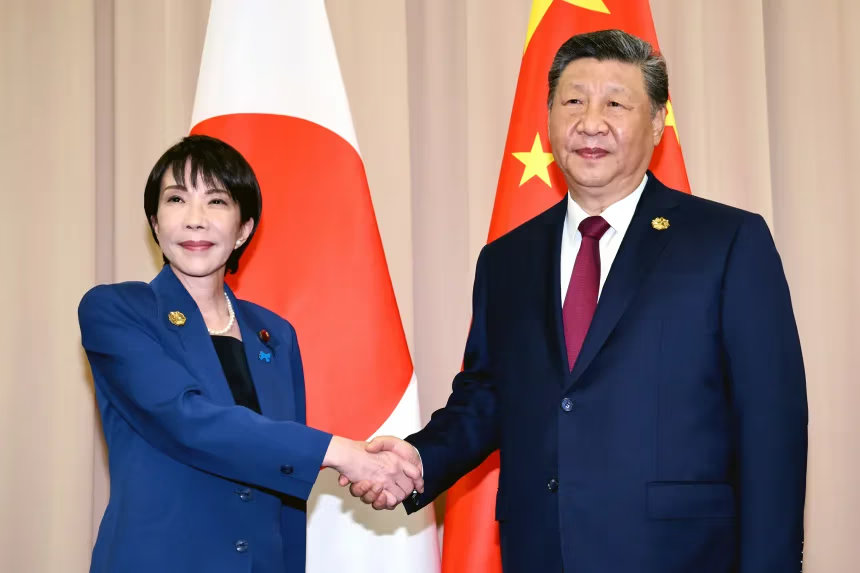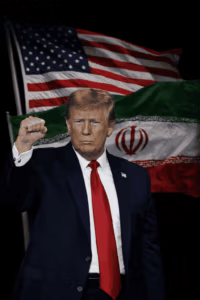China has issued a rare travel warning urging its citizens to avoid Japan, escalating a growing diplomatic dispute triggered by comments made by Japanese Prime Minister Sanae Takaichi about the island of Taiwan.
The advisory marks Beijing’s most pointed response so far to Takaichi’s remarks, signaling its readiness to use economic tools and people-to-people exchanges to apply geopolitical pressure, a tactic China has used in other regional disputes.
In a statement Friday, China’s Foreign Ministry said recent “blatantly provocative remarks on Taiwan” have “further damaged the atmosphere for people-to-people exchanges… creating additional risks to the safety and security of Chinese citizens in Japan.”
The ministry added that it “remind[s] Chinese citizens to refrain from visiting Japan for the time being.”
Following the announcement, several major Chinese carriers, including Air China, China Eastern, and China Southern, began offering refunds or free ticket changes for flights to Japan, according to state broadcaster CCTV.
The warning is the latest step in a week-long diplomatic row that began after Takaichi told Japan’s parliament that a Chinese attack on Taiwan would constitute “a situation threatening Japan’s survival,” potentially triggering a military response from Tokyo. Beijing views Taiwan as its sovereign territory and has long insisted that the issue is a “red line” for its foreign relations.
On Friday, China’s Ministry of Defense warned that Japan would “suffer a crushing defeat” if it attempted to intervene militarily in the Taiwan Strait.
Japan remains a major destination for Chinese tourists, with nearly 7.5 million visitors arriving between January and September — the highest from any country or region, according to data cited by NHK.
The diplomatic fallout has intensified in recent days. Both governments have summoned each other’s ambassadors, while online backlash in China has surged amid rising nationalist sentiment toward Japan.
Tensions escalated after China’s Consul General in Osaka, Xue Jian, posted on X last weekend that “the dirty neck that sticks itself in must be cut off,” referring to Takaichi’s remarks. The post has since been deleted.
Chinese state media subsequently released a wave of harsh editorials, with a commentary in the People’s Liberation Army Daily warning that if Japan intervened militarily, China would deliver a “head-on blow.” A PLA-linked X account also circulated comments in Japanese, stating Japan would “pay a heavy price.”
Tokyo has pushed back. On Friday, Japan summoned China’s ambassador, calling Xue’s statement “highly inappropriate” and urging China to take “appropriate actions.”
A day earlier, Beijing had summoned Japan’s envoy, with Vice Foreign Minister Sun Weidong saying Takaichi’s comments “seriously damaged the political foundation of China-Japan relations” and criticizing Japan for not retracting the statement.
Japan’s Foreign Minister Toshimitsu Motegi said Friday there was no need for a retraction, noting the remarks were made in the context of an “existential crisis situation.”
Chief Cabinet Secretary Minoru Kihara also reiterated that “peace and stability in the Taiwan Strait are important not only for Japan’s security but also for the stability of the international community.”
On Monday, Takaichi clarified that her comments were “hypothetical” and said she would avoid making similar statements in parliament again.
Previous Japanese leaders have typically avoided directly linking Taiwan with the possibility of a military response. The United States likewise maintains a policy of “strategic ambiguity,” deliberately leaving unclear how it would act in the event of a Chinese invasion of Taiwan.






